Los test en inglés son muy comunes durante cualquier entrevista de trabajo, ya que hablar inglés no solo es un valor añadido, sino que se convierte en una cualidad esencial para empresas y demás trabajos hoy en día.
Si las entrevistas de trabajo son ya de por sí bastante intimidantes y complicadas, imagina hacerlo en un idioma que no es el tuyo. Esto es un gran reto para cualquiera de nosotros pero no es imposible, con una buena preparación se puede lograr.
¡Pero no te preocupes! Desde Kleinson te facilitamos ciertas preguntas clave para que no te pille de sorpresa cuando debas responder de forma oral en este idioma. A continuación te mostramos las respectivas respuestas y algunas recomendaciones que puedes seguir en tu próxima prueba de inglés oral para entrevistas de trabajo.
CONTACTA CON NOSOTROS
Contacta con nuestro equipo de profesionales especializados para recibir toda la información sobre los cursos de idiomas para empresas.
15 preguntas y respuestas para una prueba de inglés oral
Antes de nada, al prepararnos para una entrevista de trabajo, es importante tener en cuenta el primer saludo. Estas pequeñas conversaciones de cortesía, o «small talk», ayudan a mantener un hilo agradable durante toda la entrevista, pueden ser frases como:
- «I’m pleased to meet you».
- «Thank you for taking the time to meet with me today».
- «I’m good, thanks. I’ve been looking forward to this interview for a while, so I’m happy to be here».
1. Háblame sobre ti – Tell me about yourself
Aunque hablar sobre ti puede parecer fácil, esta pregunta puede imponer, ya que admite respuestas muy abiertas. Lo importante es prepararla bien y formular respuestas que vayan más allá de:
- «I was born in Barcelona.»
- «I love surfing the net and playing football with my friends.»
- «I have four brothers.»
Evita cualquier tipo de jerga informal o errores gramaticales. Por lo general, deberás exponer tus conocimientos a lo largo de tu vida de manera interesante y esto lo puedes hacer diciendo algo como:
- «I have worked for 10 months as a junior chef in a well-known French restaurant and my duties were to help the chef and prepare soups. Food and cooking is something that has always interested me, that’s why I chose this career. I studied for 3 years at the **** school where I got my first diploma in cooking».
- «Before that, I was with company Inc. as a buyer on the fashion section. I managed to double sales on the first year».
- «I currently work as a sales manager at company Inc., where I manage a team of sales executives in the retail business department».
Con esta clase de respuestas podrás exponer qué conocimientos has adquirido o qué es lo que sabes hacer.
2. ¿Qué experiencia tienes en este terreno? – What experience do you have in this field?
No olvides destacar tu experiencia y logros laborales en el sector en cuestión, ya que es la manera de diferenciarte de otros candidatos. Puedes hacerlo de alguna de las siguientes maneras:
- «I have over five years of experience in [mention the field], including roles where I’ve successfully [describe relevant achievements or projects]. My background has equipped me with the skills needed to excel in this position.»
- «I bring over seven years of experience in marketing, with a focus on digital strategy and brand development. In my previous roles, I’ve led successful campaigns that resulted in a significant increase in brand awareness and customer engagement. Additionally, my background in data analysis has allowed me to identify market trends and implement targeted marketing strategies effectively.»
3. ¿Qué sabes sobre nuestra empresa? – What do you know about our company?
Conocer la empresa para la que estás realizando la entrevista es crucial: su misión, sus valores… Demuestra que has hecho los deberes y que tienes un interés genuino con frases como:
- «I’ve done extensive research on your company and I’m impressed by your commitment to innovation and customer satisfaction. I’m particularly drawn to your recent expansion into the European market and your reputation for delivering high-quality products/services.»
- «I’ve researched extensively about your company and I’m impressed by your dedication to sustainability and community engagement. Your recent initiatives to reduce carbon footprint and support local charities resonate with me deeply. Additionally, your reputation for fostering a diverse and inclusive workplace culture is admirable.»
4. ¿Por qué quieres trabajar para nosotros? – Why do you want to work for us?
Aunque la pregunta pueda parecer dirigida hacia ti, intenta tener en mente solo a la empresa durante tu respuesta, ellos al final quieren que les expliques la razón de por qué deberían contratarte a ti y no al resto. Digamos que es un pequeño examen final en donde debes alinearte con lo que ellos necesitan:
- «I know and use your line of products… for skin care. I love them for their quality, their good presentation and their easy instructions for use. It is clear that they are customer oriented. That is why I believe that with my knowledge in the marketing area I will be able to improve its position in the market and achieve the growth objectives that have been set. In addition, I would feel proud and privileged to work for the brands that I admire».
-
«I applied for this position because I believe my skills in [mention relevant skills] align well with the job requirements. I’m excited about the opportunity to [describe what excites you about the role or how you can contribute], and I admire [mention something specific about the company, such as its culture or values].»
De esta manera mostrarás tu valor o aporte al buen trabajo que ya se está haciendo en el lugar de trabajo al cual quieres ingresar.
5. ¿Por qué dejaste tu último trabajo? – Why you did leave your last job?
No menciones cosas negativas del anterior trabajo, más bien, demuestra con tus palabras que buscas un cambio para mejorar tu vida. Por ejemplo:
- «I feel I wasn’t able to show my talents.»
- «I’m looking for new challenges.»
- «I’m looking for a job where I can grow with the company.»
6. ¿Dónde te ves en 5 años? – Where do you see yourself 5 years from now?
Quizás pienses que es una pregunta sin mucha importancia pero la verdad, esta es una de las preguntas que ayudará al entrevistador a ver tus objetivos a nivel profesional.
Busca hablar de metas relacionadas con tu carrera profesional, aunque tengas en mente otras metas familiares, no las menciones. Puedes empezar diciendo: «By then I will have…» o «Would have lived to…».
- «Achieved a higher position.»
- «Become more independent in what I do and be more productive.»
- «Improved my skills.»
7. Cuéntanos sobre tu educación – Tell us about your education
Habla acerca de tus:
1. Degrees – formación universitaria.
- «I earned my Bachelor’s degree in Business Administration from Complutense University, where I graduated with honors.»
2. Diploma – calificación a corto plazo.
- «In addition to my degree, I also obtained a diploma in Digital Marketing from a reputable online program.»
3. Certificate – Participación en algún curso.
- «I completed a certificate program in Financial Analysis offered by a renowned institution, which enhanced my analytical skills and understanding of financial markets.»
8. ¿Cuáles son tus cualidades? – What are your strengths?
En un punto más avanzado de la reunión el entrevistador te pedirá que expreses cuáles son tus habilidades. En este punto, menciona cualidades que beneficien al puesto de trabajo y a la empresa o lo que exigen del trabajador. Por ejemplo:
- «I consider myself a team player. I like to work and achieve as a team, communication being a key piece.»
- «I have very strong communication skills and I’m definitely a creative thinker. Having worked as a graphic designer for seven years, I have strong attention to detail when it comes to designing. I have also created art for a variety of companies, so I know how to balance artistic integrity with audience appeal.»
9. ¿Cuál es tu mayor debilidad? – What is your greatest weakness?
A veces nos concentramos tanto en nuestras habilidades que dejamos nuestros puntos débiles de un lado, en estas entrevistas también es conveniente exponerlos, pero no como un cliché, como el perfeccionismo, sino más bien arrojando positividad a tus debilidades y flaquezas.
- «My biggest weakness is probably leaving for tomorrow what I have to do today. I’ve never been good when it comes to planning and scheduling. In my previous job I always finished everything at the last minute. Not long ago I read an article that said that many people work better when they are under pressure. I operate a bit like this».
- «I used to wait until the last minute to complete the less important tasks, but I realized that smaller and insignificant activities are also important for the bigger picture. I’m now much more proactive. And even though I continue prioritizing tasks, I now Know that throwing something together last minute is never as good as having the time to review it a couple of times.»
10. Describe una situación laboral difícil y cómo la superarías – Describe a difficult work situation and what you did to overcome it
Seguro que te presentarán situaciones en donde tengas que resolver un problema y como lo harías.
Esta es una de las preguntas de comportamiento más frecuentes, por ende, prepara una respuesta en donde puedas darle positividad a tus habilidades. También puedes ofrecer ejemplos que se ciñan a las exigencias de la empresa.
- «During a previous role, our team encountered a significant setback when a key stakeholder unexpectedly withdrew their support for our project. To address this challenge, I immediately scheduled a meeting with the stakeholder to understand their concerns and find common ground. Through active listening and diplomacy, I was able to rebuild trust and secure their continued involvement.»
11. ¿Cómo gestionas el estrés? – How do you handle stress and pressure?
El estrés es algo que difícilmente podemos controlar y esto lo sabe el entrevistador, por lo que puede que te pregunte acerca de tu capacidad para gestionarlo.
Es casi imposible no tener estrés laboral, pues en todos los trabajos siempre tendrás un grado de estrés diferente pero lo tendrás. Aquí es necesario que te muestres relajado y respondas con honestidad.
- «I’ve found that maintaining a healthy work-life balance is crucial for managing stress effectively. Outside of work, I prioritize activities such as exercise, meditation, and spending time with loved ones to recharge and maintain perspective.»
- «In high-pressure situations, I rely on a combination of time management techniques and stress-relief activities to stay calm and focused. I prioritize my tasks based on urgency and importance, breaking them down into smaller, manageable steps to avoid feeling overwhelmed. «
- «I make it a point to take short breaks throughout the day to recharge, whether it’s going for a walk outside or practicing deep breathing exercises at my desk.»
12. ¿Qué otros factores de un trabajo valoras además del salario?/What other factors in a job do you value in addition to salary?
En el entorno profesional actual, se valora mucho lo que se conoce como salario emocional, es decir, aquellos beneficios que recibe un trabajador y que no tienen que ver con la parte económica. Por ello, si te realizan esta pregunta, puedes contestar de la siguiente manera:
- «I highly value a positive and supportive work environment where collaboration and teamwork are encouraged. I believe that a great work atmosphere fosters creativity and productivity.»
- «I’m particularly interested in roles that offer opportunities for continuous learning and professional development. Having avenues for growth within the company is crucial for me to stay motivated and engaged.»
- «A company’s culture is a significant factor for me. I’m looking for a workplace where I can feel a sense of belonging and alignment with the company’s values and mission. I believe a positive culture fosters employee satisfaction and drives collective success.»
- «Flexibility is crucial for me, especially in a dynamic work environment. I’m looking for a company that adapts quickly to changing circumstances and values creative problem-solving. Being able to pivot and adapt to new challenges is a skill I bring to the table.»
13. ¿Cuáles son tus expectativas de salario? – What are your salary expectations?
Debes estar atento a la respuesta que darás pues si sugieres una cantidad demasiado baja, esto puede hacer que te desmotives del puesto de trabajo. Y en el caso de elegir un salario demasiado alto, puede cortar todas las probabilidades de que te elijan para el puesto. No digas «I don’t know», sonarás inseguro. Más bien di una cantidad que no sea ni muy bajo ni demasiado alto. Por ejemplo:
- «Based on my research, similar positions in this industry are currently paying between X€ and Y€».
- «I am open to discussing what you believe to be a fair salary for the position…»
14. ¿Por qué deberíamos contratarte? – Why should we hire you?
Podemos decir que la falta de preparación, el hecho de que no muestres confianza, si llegas tarde o si respondes de manera inconclusa a las preguntas son los peores enemigos que puedes tener en estas reuniones, por eso para exponer de manera clara este punto podrías decir algo como:
- «I think my industry experience [in your field] and my ability to [name a unique job-related skill / ability you have] make me a good match for this position. In my recent position, [explain how you used this skill / ability to achieve a positive result]».
- «Based on the research I’ve done, this company is expanding into the European market in the upcoming years…».
De esta manera, demuestras seguridad y capacidad de poder cumplir con la asignación por la cual estás postulándote.
15. ¿Tienes alguna pregunta? – Do you have any questions for us?
En vez de preguntar algo como «What kind of work does your company do?» o «How much vacation time do I get each year?», haz preguntas más interesantes como:
-
«Why is the position vacant?»
-
«How is success measured in this role?»
-
«What are your expectations for someone in this role?»
-
«What are your aspirations for my future within the company?»
-
«Where does this role fit within the team structure?»
-
«Do you have any examples of projects that I would be working on if I were to be offered the job?»
Qué no hacer en una entrevista de trabajo en Inglés
- No debes llegar tarde, esto te resta profesionalidad y seriedad, lo que puede causar un efecto negativo en tu entrevista.
- No hables demasiado de tus virtudes, sino más bien habla con honestidad y humildad. Esto ayudará a que se cree más confianza en lo que dices y la conversación fluirá mejor.
- Reconoce tus límites, aunque claro esto depende del trabajo. Es importante siempre tener claro hasta donde estamos dispuestos a llegar.
- No trates de impresionar, hablando demasiado informal o haciendo bromas personales. Esto puede dar a entender que te tomas la reunión como un juego y con tu comportamiento se verán los resultados que tendrás a largo plazo.
- No asumas todas las respuestas ni pienses que tienes la respuesta para todo, si tienes preguntas sobre algún punto haz una pausa y pregunta de forma educada sobre esto.
- No memorices de manera mecánica las respuestas que darás, trata de parecer calmado y responde con fluidez.
Con todas estas recomendaciones, y teniendo en cuenta las preguntas más comunes, ya estás más que preparado para tu siguiente prueba. Good luck on your next job interview!








